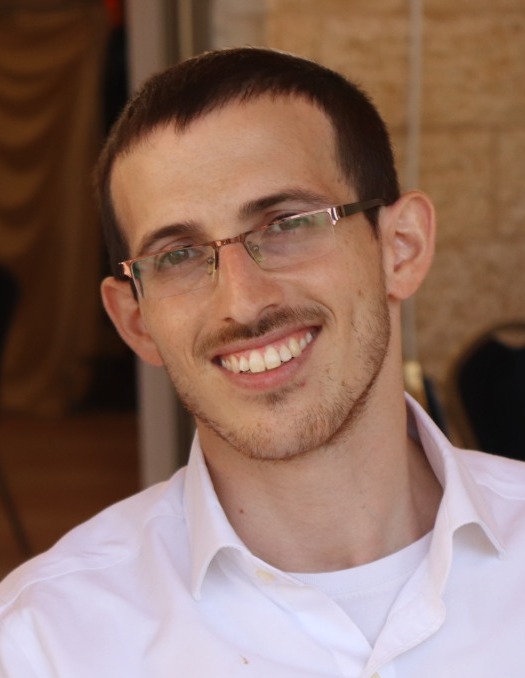Elyakim Zlotnick: "Entanglement-Assisted Covert Communication via Qubit Depolarizing Channels"

The standard security approach in communications aims to prevent a malicious eavesdropper from retrieving the information that is transmitted to the legitimate receiver. In some networks, privacy and safety concerns require an even stronger security criterion. In covert communication, not only the information is kept secret, but the transmission itself must be concealed from detection by an adversary. Despite the severity of such limitations, it is possible to communicate bits of information in a block of
transmissions via a noisy channel, in all but trivial scenarios. That is, Alice can use an error-correction code that maps
information bits to codewords of length
, in order to guarantee that Bob can decode the information, and Willie (the adversary) cannot detect the transmission. In the continuous-variable setting, pre-shared entanglement can improve the scaling to
information bits, for Gaussian bosonic channels (Gagatsos et al., 2020).
In this work, we study covert communication through the qubit depolarizing channel with entanglement assistance, in different scenarios. The canonical Stinespring dilation of the depolarizing channel is such that the receiver’s environment contains two qubits. We show that if the adversary has complete access to the environment (Scenario 1), then covert communication is impossible. At the other extreme, if the adversary receives the first qubit, i.e., “half” the environment (Scenario 2), then covert communication is trivial. Finally, if the adversary receives the other half (Scenario 3), then the number of information bits scales as given entanglement assistance, as opposed to
information bits without assistance. Thereby, we establish that the logarithmic performance boost is not reserved to continuous-variable systems.
* M.Sc. student under the supervision of Asst. Prof. Uzi Pereg.
